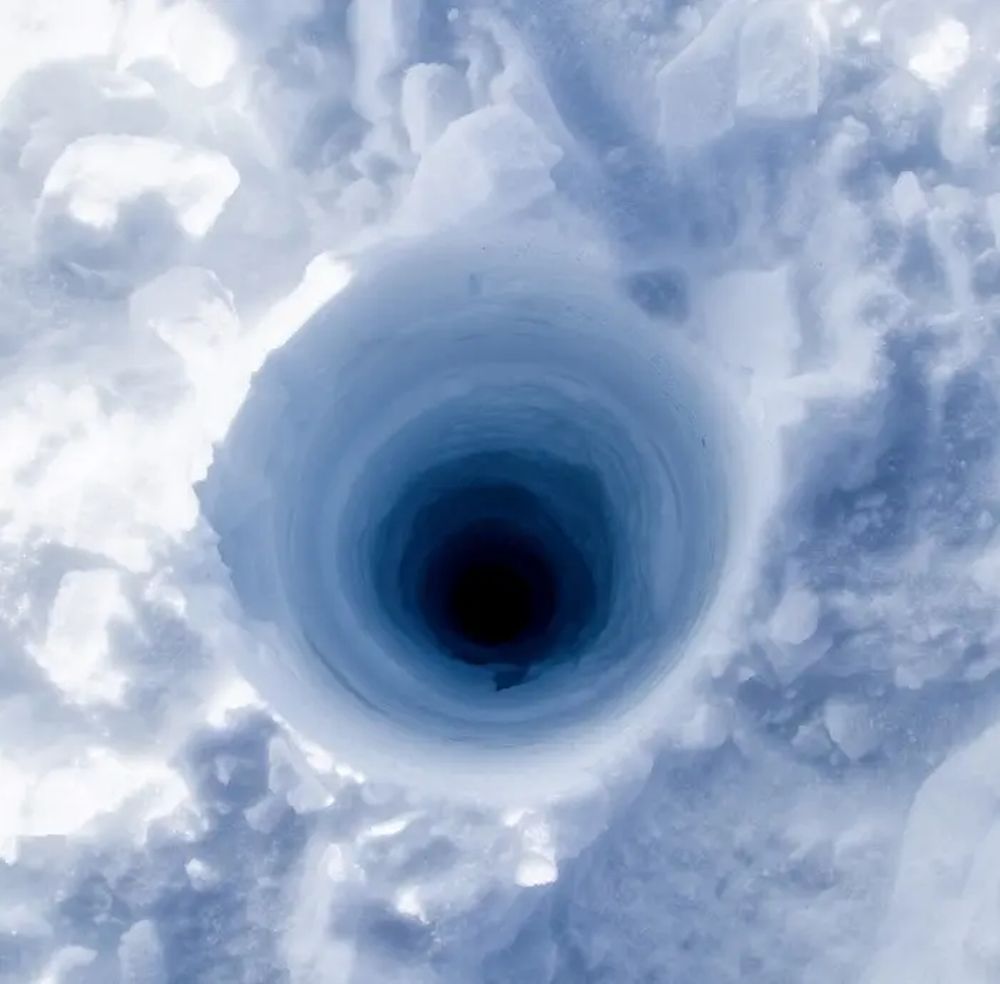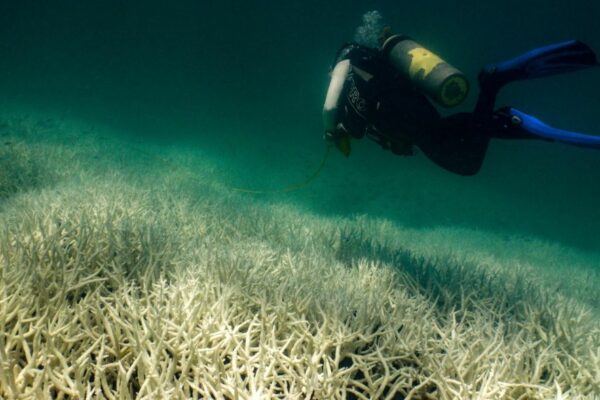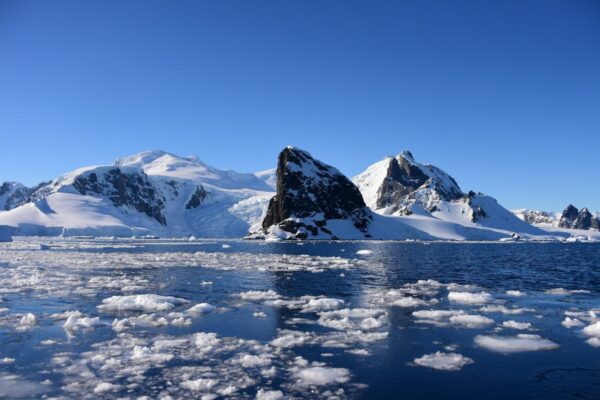Climate Change to Shift Jet Streams, Could Cause Extreme Weather Conditions by 2060
Climate change is making the position of the jet stream to migrate outside of the range of natural variability, might cause extreme weather conditions by the year 2060
Jet streams are westerly winds located near the altitude of the tropopause on the earth. The North Atlantic jet stream is the ribbon of predominant westerly winds circling the Arctic. However, over the years, there has been a shift in jet streams due to climate change, which could further cause extreme weather conditions.
The position of the jet stream might diverge outside the range of natural volatility by the year 2060 under relentless greenhouse gas emissions as per a new study by U.S. National Science Foundation-funded research. Led by Matthew Osman, a researcher at the University of Arizona Climate Systems Center, the study was published in Proceedings of the National Academy of Sciences.

Image: Sarah Das/WHOI
According to the study, the westerly winds influence weather and climate conditions across eastern North America and Western Europe, accounting for about 10 percent to 50 percent of alteration in yearly precipitation and temperature in both regions.
Also Read: Greenland Ice Sheet Losing Mass at Alarming Rate amid Temperature Rise
Glacial ice core samples were taken from approximately 50 sites spanning cover the Greenland ice sheet to reconstruct changes in windiness across the North Atlantic.
Osman says;
We haven’t had a great sense of how or why the jet stream changes over longer periods of time. What we do know is that extraordinary variations in the jet stream can have severe societal implications, such as floods and droughts, due to the impacts on weather patterns. In terms of thinking about the future, we can now begin to use the past as a sort of prologue.
Extreme weather events like drought can be linked to the changes in the jet stream. In the coming years, the climate conditions are predicted to worsen even more if the climate crisis increases further.
Via: Clean Technica


